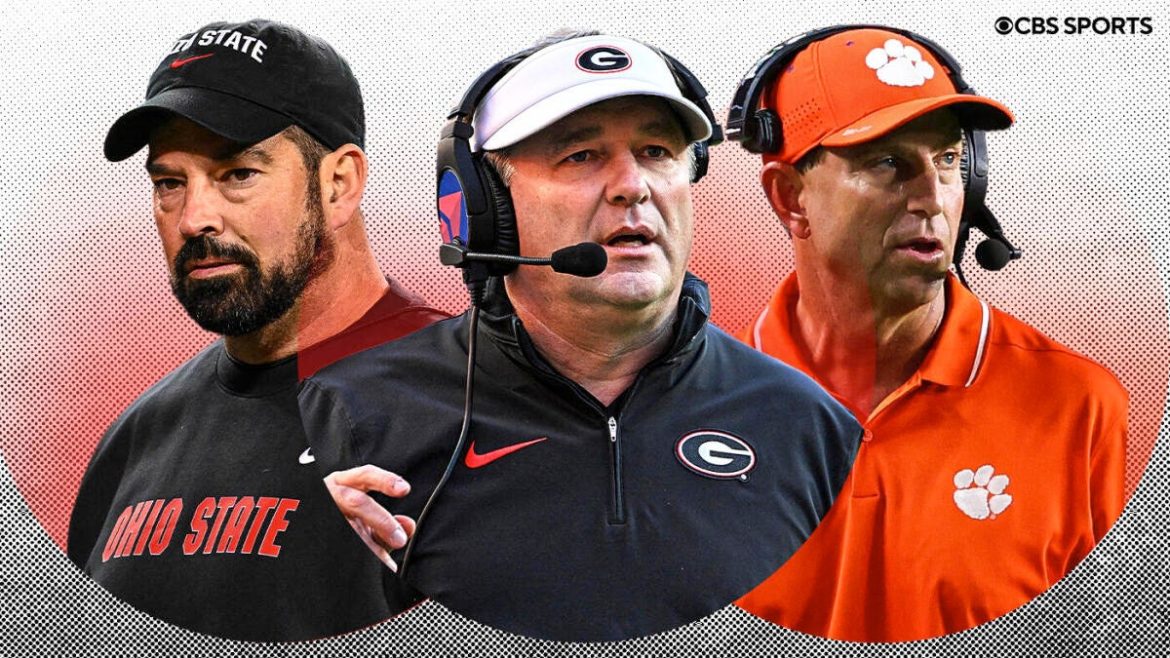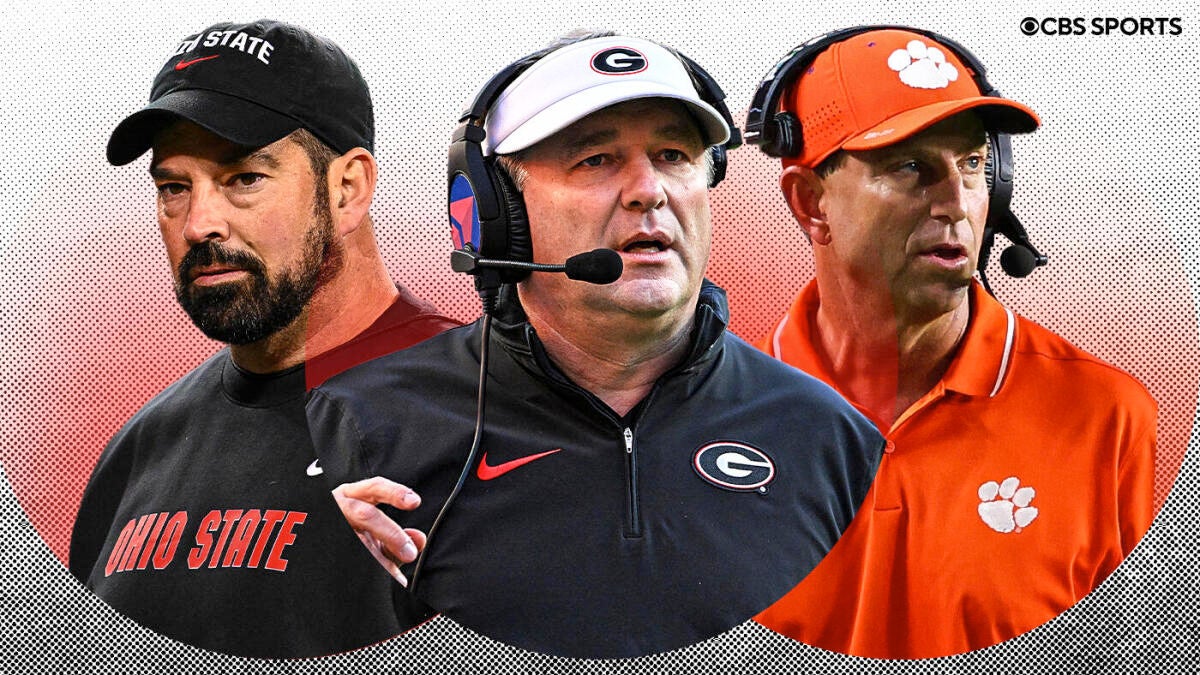Analyzing the landscape of college football coaching for the 2025 season reveals dynamic shifts and emerging narratives, as prominent figures solidify legacies and rising talents stake their claims among the elite. The coaching rankings encapsulate more than just win-loss records; they reflect adaptability in a changing collegiate environment marked by NIL (Name, Image, Likeness) deals, transfer portals, and evolving conference dynamics. This report synthesizes insights from various expert rankings and analyses, highlighting key coaches, trends, and paradigms shaping college football’s coaching realm in 2025.
Setting the Stage: The Importance of Coaching Rankings in 2025
College football coaching has always been a core driver of team success, shaping recruitment, strategy, and team culture. In 2025, with the game’s increasing complexity, rankings serve as a barometer of both historical achievements and present-day potential. They guide fans, analysts, and stakeholders in assessing who leads the sport amid fierce competition, technological innovation, and shifting player dynamics.
Rankings across outlets — ESPN, CBS Sports, The Athletic, On3.com, and others — show a common thread: a mixture of venerable names continuing to dominate, and new entrants rising swiftly due to impressive track records and strategic acumen.
Top-Tier Titans and Their Trajectories
Kirby Smart: The Pinnacle of Sustained Excellence
Georgia’s Kirby Smart consistently headlines as the premier college football coach entering 2025. With a record of 42-2 over the past three seasons and multiple national championships, Smart blends tactical mastery with elite program-building skills. He inherited a strong foundation but has elevated Georgia to a near-dynastic status. His proximity to the all-time wins leader Chris Petersen, with only a few wins separating them in the first ten seasons of his career, underscores Smart’s meteoric rise.
Smart’s dominance extends beyond wins; his recruiting prowess, player development, and innovative defensive strategies continue to set the standard. He remains the benchmark against which other top coaches, including Ryan Day and Dabo Swinney, are measured.
Ryan Day and Dabo Swinney: Close Contenders in the Elite Circle
Following Smart is Ryan Day of Ohio State, boasting a remarkable 70-10 record all at OSU. Day’s consistent high-level performance keeps the Buckeyes as perennial national championship contenders, sustained by strategic recruiting and offensive innovation.
Dabo Swinney, entrenched at Clemson, maintains a spot in the upper echelon due to multiple championships and sustained program success. These three coaches form the nucleus of top-tier college football leadership, each with championship pedigree and profound institutional influence.
Emerging Stars and Breakout Figures
Marcus Freeman: The New Wave at Notre Dame
Marcus Freeman’s ascendance exemplifies promising young leadership challenging established hierarchies. His impactful first year in a Power 4 conference elevated Notre Dame’s stature, earning him a significant jump in rankings. Freeman’s ability to maintain “staying power” at a storied program highlights his recruiting savvy and leadership potential.
Deion Sanders and Bill Belichick: Iconic Names Crossing Into New Realms
Notably, the presence of figures like Deion Sanders and Bill Belichick in Power Four coach rankings (positioned between 26-68) underscores the complex evaluation standards beyond pure win totals. Sanders brings charisma and NFL pedigree to the collegiate ranks, while Belichick’s inclusion adds an intriguing crossover narrative of NFL coaching greatness transitioning to college football. Their rankings reveal the nuanced valuation of leadership styles, program-building timelines, and results in the unique college football ecosystem.
The Impact of Conference and Structural Dynamics
Big Ten and SEC Dominance
The Big Ten and SEC conferences dominate the coaching rankings, reflecting their competitive depth, financial resources, and talent acquisition power. Coaches in these conferences often face the brunt of pressure to deliver consistent postseason success, making their rankings reflective of not only team records but also adaptability under intense scrutiny.
Group of 5 and MAC Coaches
Rankings also examine coaches outside the Power Five conferences, such as those in the Mid-American Conference (MAC) and American Athletic Conference (AAC). Coaches like Martin of Miami (Ohio), highlighted for tactical decisions pushing the right buttons, receive recognition for outperforming expectations in their context. These rankings emphasize a different evaluative lens focusing on maximizing resources and achieving program growth rather than outright national championships.
Influence of NIL and Transfer Portals on Coaching Success
The NIL era and transfer portals revolutionized college football recruiting and roster management, directly impacting coaching efficacy. Coaches adept at navigating NIL branding opportunities, transferring players to fit schemes, and managing roster volatility climb the rankings. The fluidity of rosters requires coaches to be flexible strategists and relationship builders.
As outlined by several rankings, programs with celebrated coaches have nailed their offseason acquisitions and transfer portal management, sustaining competitive advantage. This new paradigm rewards coaches for adaptability and savvy off-field management just as much as on-field tactics.
Rankings Beyond Wins: Subjectivity and Diverse Metrics
The process of ranking coaches remains inherently subjective, influenced by different weightings of metrics such as win totals, championships, program trajectory, talent development, and media presence. Efforts to rank Power Four coaches from positions 1-68, as seen on CBSSports.com, illustrate the nuanced distinctions between near-elite and long-term top performers.
Different analyses highlight the difficulty of comparing coaches across varied programs and personal leadership styles. Yet, broad consensus coalesces around proven champions like Kirby Smart and Ryan Day, with fluidity emerging in the mid-tiers where rising coaches compete for elite status.
Conclusion: Coaching Armchair Quarterbacks and the Future of Rankings
Evolving Storylines with Each Season
The 2025 collegiate football season coaching rankings offer a snapshot of excellence, potential, and organizational genius. Established champions like Kirby Smart continue to dominate, while emerging coaches such as Marcus Freeman and charismatic figures like Deion Sanders add compelling storylines.
These rankings are more than lists; they convey the shifting realities of college football’s competitive landscape — the impact of NIL, transfers, conference power, and coaching adaptability. The future promises ongoing recalibration as new voices and strategies emerge.
Ultimately, the quest to identify the “best” coach remains as complex and passionate as the sport itself, inviting ongoing debate, admiration, and analysis each season.





